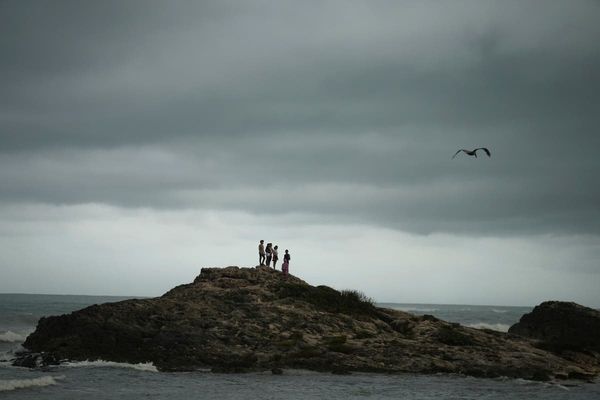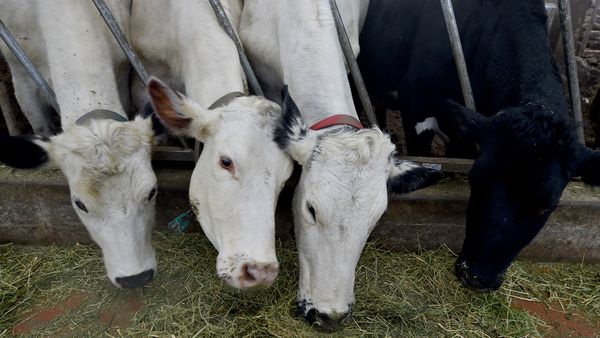The federal government’s new in-house consulting unit is focusing on small projects and dodging work with the Defence department to avoid the pitfalls of its overseas counterparts, as it strives to meet huge initial demand.
Representatives from Australian Government Consulting (AGC) appeared before Senate Estimates on Thursday, outlining how the establishment of the in-house consultancy is going so far.
AGC chief consulting officer Andrew Nipe said there are currently 17 staff at the agency, with plans to expand the workforce to 38 people in the next financial year.

Of these 17 staff, more than 75 percent have external consulting experience, just under 95 percent have private sector experience and more than 75 percent have public sector experience as well.
AGC is currently involved in two larger scale projects, one with the Department of Health and the other with the Department of Employment and Workplace Relations, and two other smaller projects.
“They’re going very, very well,” Mr Nipe told the Estimates hearing.
“We’re still in the establishment phase and there’s a lot of things to learn. We’re a unique organisation, in as much as we’re inside of the public service but consulting across the public service. There’s much to learn about being an insider outsider.”
AGC was established in last year’s budget with $10.9 million in funding over two years as part of the Labor government’s efforts to turn around massive government spending on private consultants over the last decade and to instead grow capability within the public service.
The reduction in the use of consulting firms has already helped the government bank $624 million in savings this year as roles previously done by contractors or labour hire firms are converted to in-house positions.
Since being established, demand from the public service for AGC’s service has been high, according to Mr Nipe, a former McKinsey and Bain consultant who spent the last decade in the Victorian Public Service,
“We’ve got significantly more requests for work than we have the ability to be able to satisfy at the moment,” he said.
“We’re not exploring the full gamut of unmet demand because we are only able to do a couple of projects at a time, so we’re quite clear when we’re talking to colleagues in the public service about our current capacity. Spinning all of the plates is a bit hard.”
Just as AGC was being stumped up earlier this year, a similar trial of in-house consulting was shut down in the United Kingdom.
The UK’s Government Consulting Hub was launched in 2021 but shuttered in January following reports that government agencies preferred to work with large, private consulting firms.
Deputy chief consulting officer Joanne Rossiter told the Estimates hearing that AGC has been in regular discussions with those involved with the UK trial to try to avoid a similar fate.
“We’re particularly cognisant of some of the pitfalls of other trials of this type, particularly the trial in the UK,” Ms Rossiter said.
“We have in the first instance defined the work reasonably narrowly. The focus is on strategic or policy consulting and on organisational change. We’re not looking at projects that are long two-year project management-type support.
“Over time that’s something that might evolve but I think the reflections we’ve had from people involved in the British experience is that it got very quickly into some long term work, particularly with the Defence department there and it reduced their ability to support the full range of public sector work. We have certainly designed around some of those lessons, and we’re learning a lot as we go too.”
Instead of bringing in AGC, the Defence department will be trialling its own in-house consulting effort, as revealed in the recent federal budget.
Mr Nipe said AGC would work closely with Defence’s new in-house consultancy.
“We’re talking with that team quite a bit about how to learn from each other as they establish themselves, and to share material,” he said.
“There’ll be opportunities to partner in the future as well. They do a fairly similar role. Because they’re inside an organisation they have a slightly stronger role in reducing contractor and consulting spend, whereas we are more providing consulting services in addition.”
The Defence department has a massive spend on outsourced work, with recent data showing it has spent nearly $4 billion on large consulting firms over the last decade.
The department has been asked to find more than $270 million in savings over the next four years as part of the Albanese government’s extended purge of contractors and consultants.







